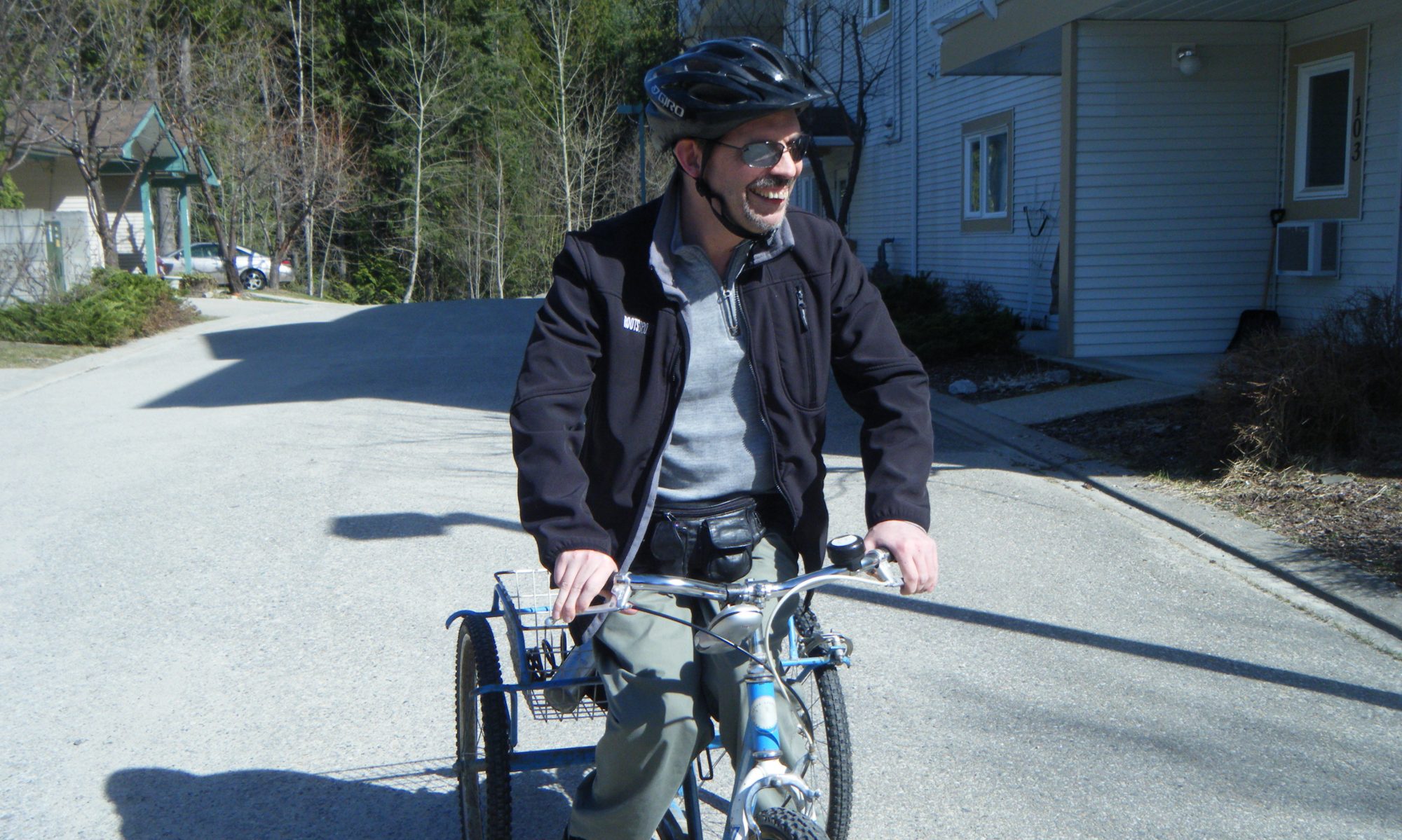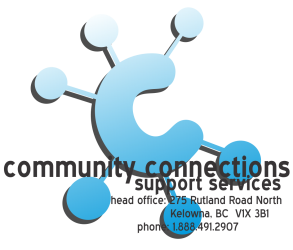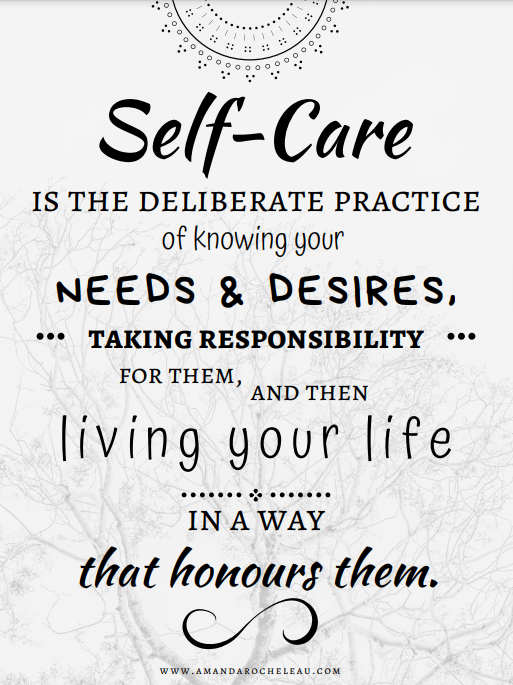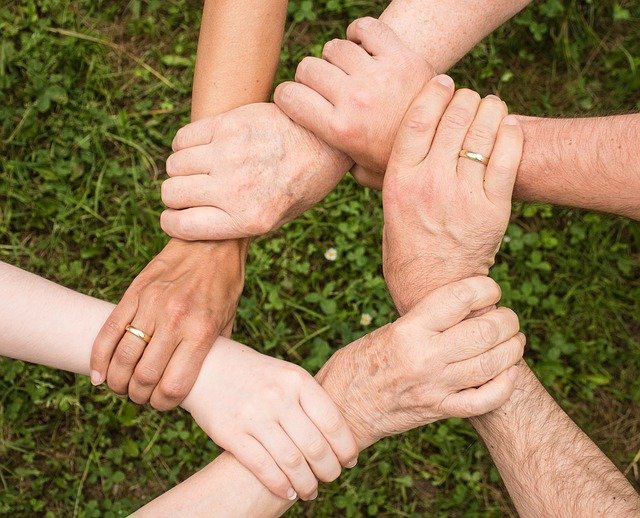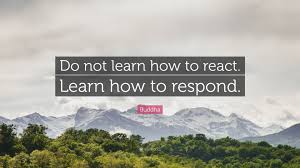Hey everyone, the City of Kelowna has released an on-demand video that helps viewers learn how to take transit within the Kelowna Regional Transit System (Lake Country to Peachland). It covers how to access and use fares, board and ride the bus, read schedules and use trip planning tools. You can access the free video by filling out an online registration form at smartTRIPS.ca. Registration ensures their staff can provide essential additional resources and a complimentary transit fare product.
Here is some more information from the City:
The video is part of a suite of public education materials created for the City’s pilot Transit Travel Training Program. Offered by the City of Kelowna in partnership with BC Transit and Central Okanagan Public Schools, the program is made possible with grant funding provided by the BC Ministry of Health. The pilot aims to test a program delivery model to reduce barriers that youth and older adults may face in taking transit.
For more information about the program, visit smartTRIPS.ca, email events@smartTRIPS.ca or call 1-800-469-7830.
